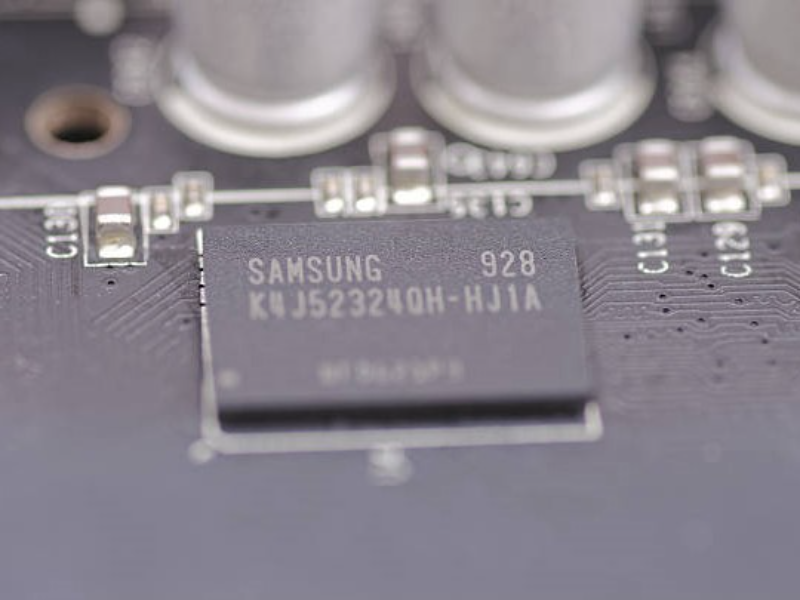- Samsung wins first order for 2-nanometre AI chips from Japan’s Preferred Networks.
- Gaonchips-designed chips will enhance AI performance with advanced packaging and gate all-around (GAA) architecture.
OUR TAKE
Samsung has been in the headlines a lot recently, for its profit surge of 1500%, to nearly a quarter of Samsung’s labor union (NSEU) from January going on strike, and now this – obtaining the first 2 nanometer chip order. The mix of positive and negative news has raised questions about why Samsung is so eager to present a positive image of its extremely well-run company if, as Samsung says, the strike will have no impact on its normal operations. Is Samsung producing good news stories about profits and technology in order to control its stock price?
–Jasmine Zhang, BTW reporter
What happened
Samsung Electronics announced on Tuesday that it secured an order from Japanese AI company Preferred Networks to manufacture chips for AI applications using Samsung’s 2-nanometre foundry process and advanced chip packaging service. This is the first order disclosed for Samsung’s state-of-the-art 2-nanometre chip manufacturing process. The order’s size was not specified.
The chips, designed by South Korea’s Gaonchips, will utilise high-tech gate all-around (GAA) architecture, integrating multiple chips into one package to enhance inter-connection speed and reduce size. Preferred Networks plans to use these chips for high-performance computing hardware supporting generative AI technologies, including large language models, according to Junichiro Makino, the company’s vice president and chief technology officer of computing architecture.
Also read: Samsung faces major union strike – 20% of workforce takes action
Also read: Samsung’s profit soars 1,500% amid AI-driven chip demand
Why it’s important
Recently, Samsung has been mired in a mix of controversy and success, with its massive Q2 profit surge juxtaposed against a significant labor union strike. Despite claims that the strike won’t disrupt operations, the timing raises questions about Samsung’s motives in painting an overly rosy picture, potentially to mask underlying issues and maintain its share price.
While Samsung’s recent victory in securing a 2-nanometre AI chip order showcases its technological prowess, it doesn’t detract from lingering concerns over its labor practices and the impact on employees. The company’s relentless drive for profit and technological supremacy, while impressive, has come under scrutiny for its potential cost to workers’ welfare.
The strike highlights growing discontent among Samsung’s workforce, casting doubt on the company’s commitment to fair labor standards. In this light, Samsung’s public image of invincibility and technological dominance rings hollow, as it struggles to balance profits with the wellbeing of its employees. Ultimately, Samsung’s recent achievements may be overshadowed by the ongoing labor dispute, reinforcing a narrative of a company more focused on the bottom line than its people.

